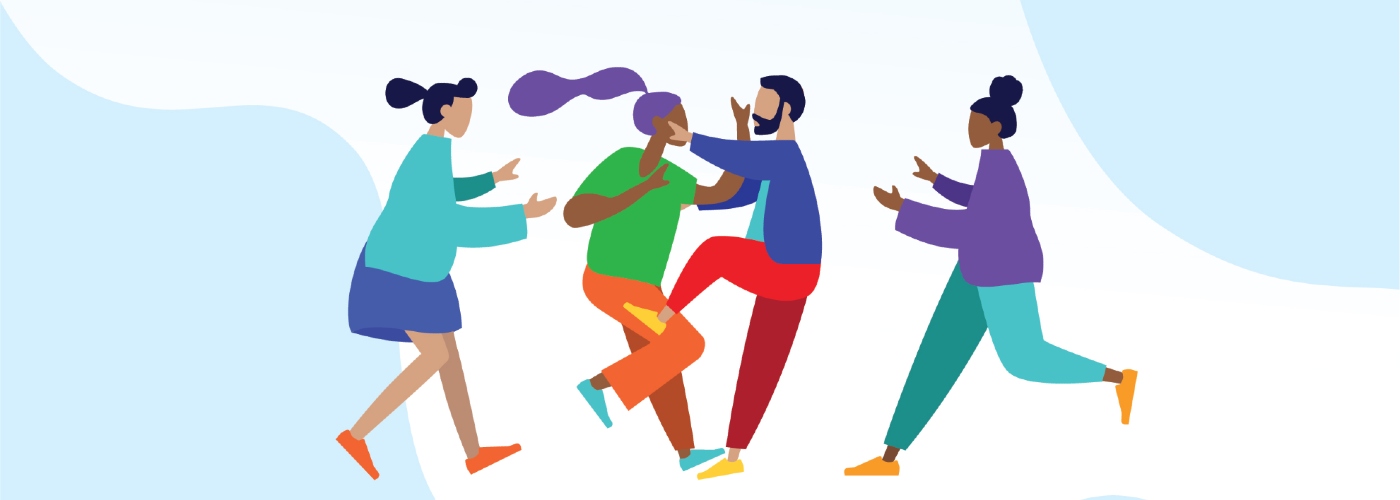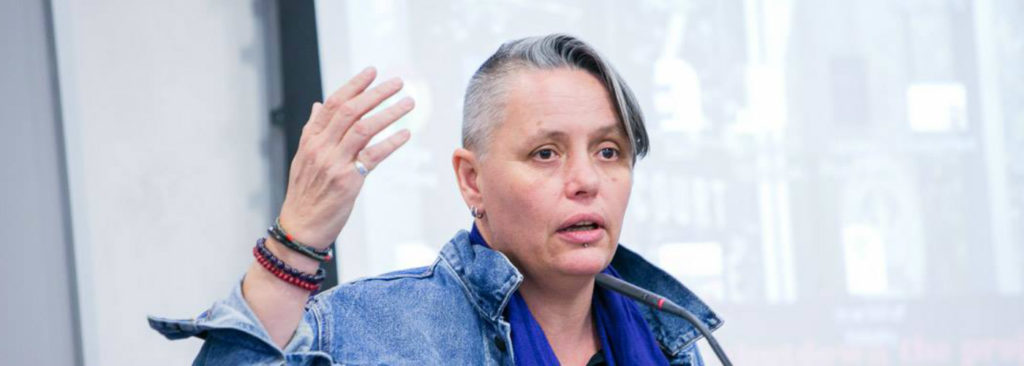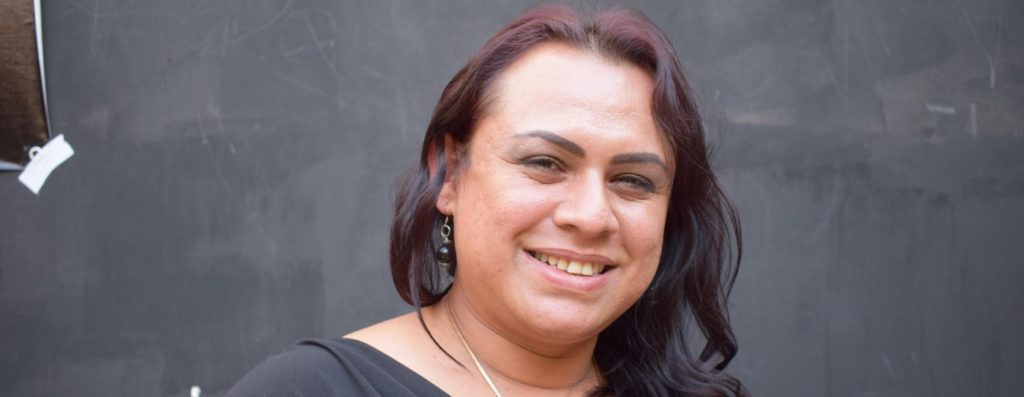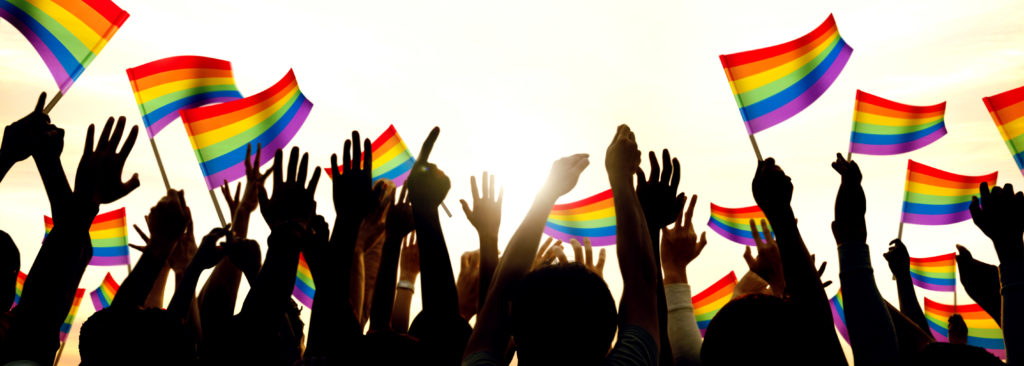The theme of this year’s International Day Against Homophobia, Transphobia and Biphobia (IDAHOT) is: “Breaking the Silence”
Ever since the first case of COVID-19 in Kenya on March 13 2020, we have been bombarded with information about the virus. As the government took certain measures to keep Kenyans safe, vulnerable populations were left perplexed on what safety would mean for us. Especially Lesbian, Gay, Bisexual, Transgender and Intersex (LGBTI+) communities were worried about our chosen families and the movement at large.
How are LGBTI+ communities coping with the new government measures?
Life is different now! And significantly tougher since the first case of COVID-19 was revealed nationally. Just a while ago, we would meet over the weekend either at a local bar or each other’s homes to chat about our lives in the past week. Unfortunately, now we have to observe stringent social distancing measures and keep about 1.5 meters apart. Of course that means new ways of socializing.
Queer-led businesses and enterprises are now operating very cautiously, both in relation to opening times and numbers of people allowed in. Businesses that particularly thrive at night are at a loss what to do with the current curfew. The situation has proven even direr for vulnerable groups at the bottom of the pyramid, like sex workers. Community-based organizations are working in shifts, and many others are barely operating in order to strike that balance between keeping staff safe and still offering support services for the most vulnerable. And we are still dealing with significantly homophobic, transphobic, and biphobic environments.
Mental health will be a rising concern
COVID-19 has just added another layer of difficulty to the ways in which we organize. As a result of the lockdown and media messaging to stay at home, many LGBTI+ people are either homeless, unable to access food regularly or are locked down with families who are unaware of their sexuality and engage in uncomfortable, phobia-induced conversations. On top of this, they are facing accusations from regressive social and cultural leaders who believe that “homosexuality” caused the outbreak. So mental health will be a rising concern across populations.
In addition to the current measures in place, we now have to wear an N-90 mask, which although possibly the most effective, still hinders normal social interactions. And everyone has to use mobile technology to pay for our basic needs. So that queer refugee somewhere in Nairobi, who is unable to afford a smart phone, has a hard time finding a way to survive.
And how are we commemorating IDAHOT?
This year’s IDAHOT theme is about breaking the silence. We take this to mean talking openly about the lived realities of LGBTI+ people at this uncertain time. Understanding that we are all human beings facing vastly difficult circumstances.
Despite these circumstances, we are not new to hardships. We have survived incidences similar to that of a global pandemic individually and collectively. While we cannot change hearts and minds face-to-face and with different sectors of society, we are still using our intuitiveness, sense of solidarity and compassion to advocate online. We still hold conference calls with friends, and with our partners – business or personal – to think of a life post COVID-19. Funders supporting queer initiatives are convening online regularly to rethink and innovate projects so that queer folks will still be able to offer each other support during these unprecedented times.
Saving and protecting all lives – including queer lives – is important
While we commemorate this year’s IDAHOT on May 17 2020, we shall remember the queer lives lost during this global pandemic and how we can better support our movement(s) to ensure we can withstand major shocks like these. Lastly and most importantly, we shall celebrate our queer care providers who fight every day to safeguard the health and safety of our communities and those of queer persons. We salute you!





